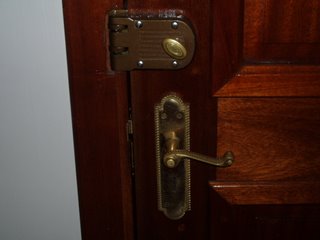
There is a lock on every door in our apartment. In addition, there are three gates, four guards, an armoured car and an iron door in between the road and our front door. For some reason, however, the previous tenants thought it also necessary to include four locks on their front door. . .Unfortunately, last Saturday one of those locks broke. So when I returned after a long day with Amber, Anne, and our friend Graham, the front door of the apartment would not open. We wrestled with lock and key for half an hour, then wandered about trying to figure out a way to get in. Graham scaled the side of the building and tried to break through a sliding glass door. Amber scrambled frantically to remember the master lock combination on a neighboring laundry room. Anne called other friends in Nairobi and solicited their advice. Meanwhile, I sought out the apartment caretaker and told him our plight. Joseph came to the door, wrestled with the key for a while, walked the perimeter and saw that all our windows were locked shut. Then he took me aside and told me “I’m sorry, it is not possible. You can no longer enter here.” I asked if there was a locksmith we could call of if there was a way to break down the door, but Joseph merely repeated, “I’m sorry, it is not possible. You can no longer enter here.” . . . At that point, however, I really needed to go to the bathroom, and our groceries were already sweating in the heat. So not entering didn’t seem like a good option. . .After some prodding we convinced Joseph to procure a ladder (note: ladders in Kenya are not like they are in America. Here they are usually made of sticks and people who climb them seem to have no idea that heights can be dangerous), and we devised a plan to break into the apartment. Joseph placed the ladder against the bricks, scaled it and balancing on his tiptoes on the top tier of the ladder pried an upper ventilation window. He reached through with a long stick, flipped open a bathroom window, leaped from his precarious position and squeezed through the narrow opening. Thus Joseph was able to enter the apartment, release the broken lock from the inside, and let us in. . . P.S. I’m moving to a new place soon. Please pray for another smooth transition.




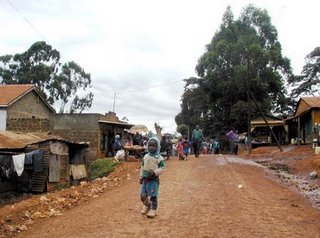
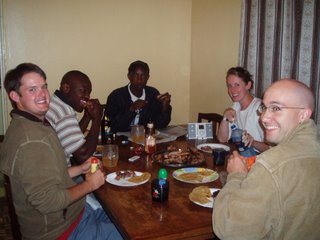




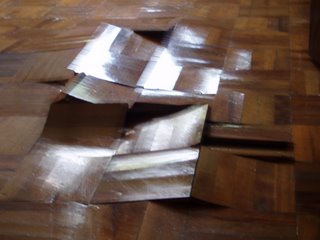
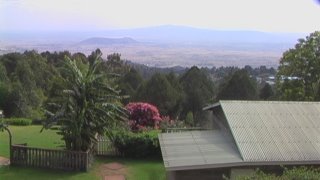
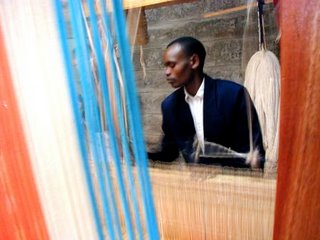




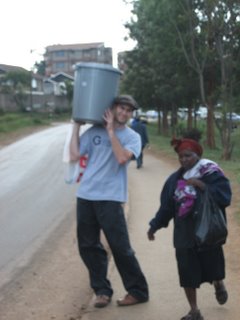



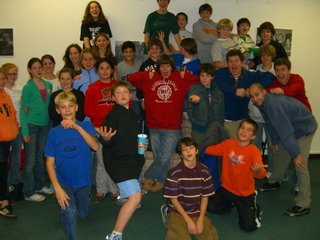
 This a picture a friend of mine took at a National Park west of Nairobi. There is a 7 hour time difference between Kenya and the Mid-Atlantic. So the sun has already settled down amidst the acacia trees for the day. That means it's time for me to stop packing and take a nap.
This a picture a friend of mine took at a National Park west of Nairobi. There is a 7 hour time difference between Kenya and the Mid-Atlantic. So the sun has already settled down amidst the acacia trees for the day. That means it's time for me to stop packing and take a nap.